Internet Safety Resource: NetSmartz Kids [web resource]
 NetSmartz Workshop is an interactive, educational program of the National Center for Missing & Exploited Children® (NCMEC) that provides age-appropriate resources to help teach children how to be safer on- and offline. The program is designed for children, parents and guardians, educators, and law enforcement.
NetSmartz Workshop is an interactive, educational program of the National Center for Missing & Exploited Children® (NCMEC) that provides age-appropriate resources to help teach children how to be safer on- and offline. The program is designed for children, parents and guardians, educators, and law enforcement.
Targeted for elementary-school-age students, Read more ›
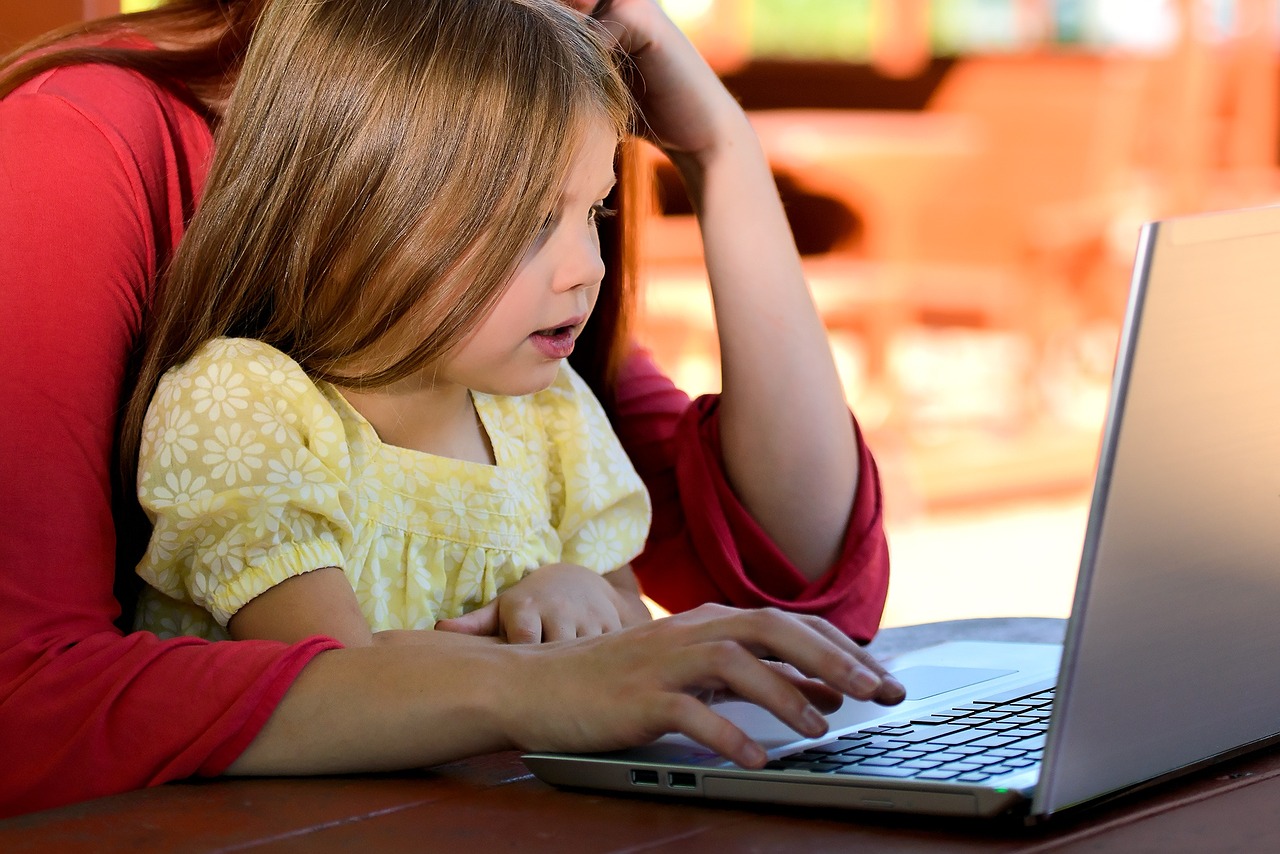

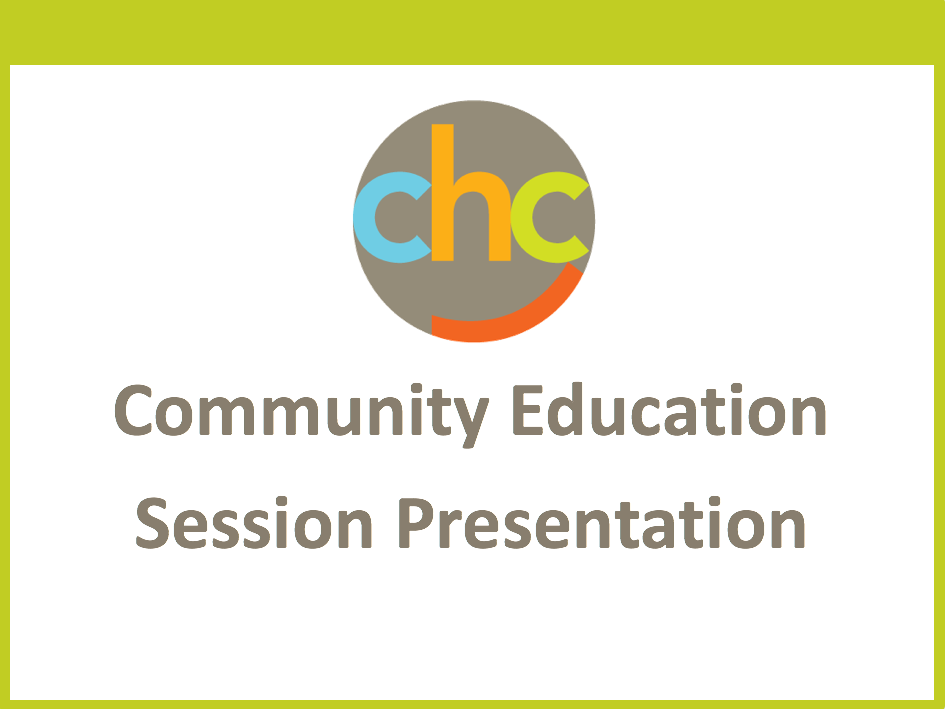

 “Changing the Narrative” is a new section added in 2015 to Palo Alto’s Gunn High School student newpaper, The Oracle.
“Changing the Narrative” is a new section added in 2015 to Palo Alto’s Gunn High School student newpaper, The Oracle.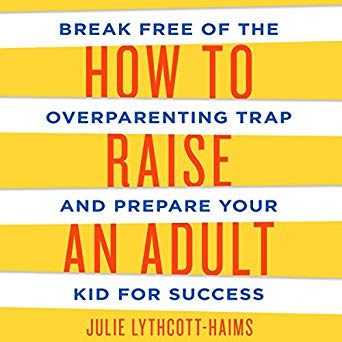
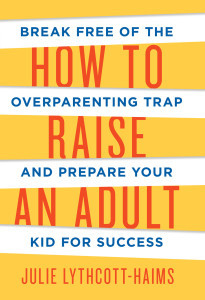 In her book How to Raise an Adult, Julie Lythcott-Haims draws on research, on conversations with admissions officers, educators, and employers, and on her own insights as a mother and as a student dean to highlight the ways in which overparenting harms children, their stressed-out parents, and society at large. While empathizing with the parental hopes and, especially, fears that lead to overhelping, Lythcott-Haims offers practical alternative strategies that underline the importance of allowing children to make their own mistakes and develop the resilience, resourcefulness, and inner determination necessary for success.
In her book How to Raise an Adult, Julie Lythcott-Haims draws on research, on conversations with admissions officers, educators, and employers, and on her own insights as a mother and as a student dean to highlight the ways in which overparenting harms children, their stressed-out parents, and society at large. While empathizing with the parental hopes and, especially, fears that lead to overhelping, Lythcott-Haims offers practical alternative strategies that underline the importance of allowing children to make their own mistakes and develop the resilience, resourcefulness, and inner determination necessary for success. 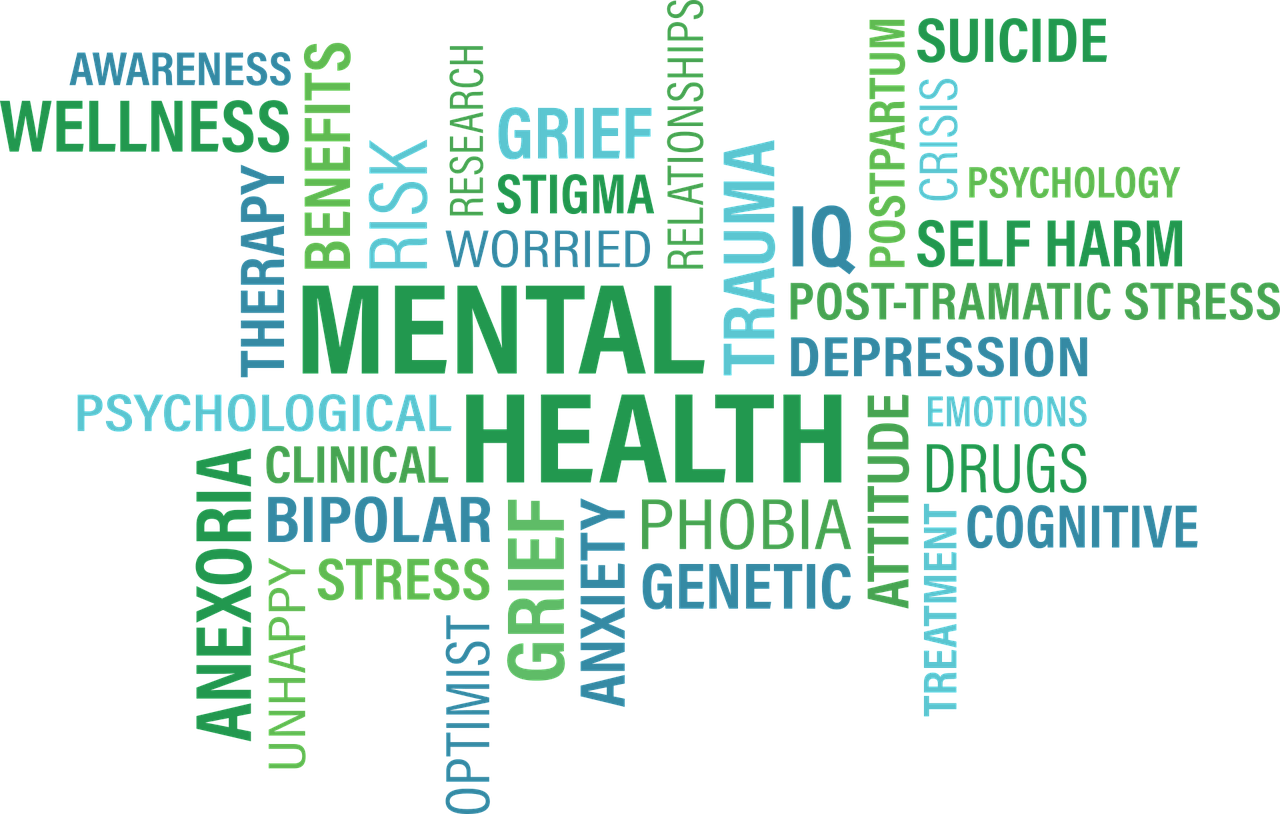
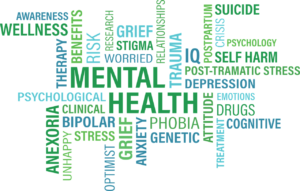 Teaching Everyone About Mental Illness (TEAM)
Teaching Everyone About Mental Illness (TEAM)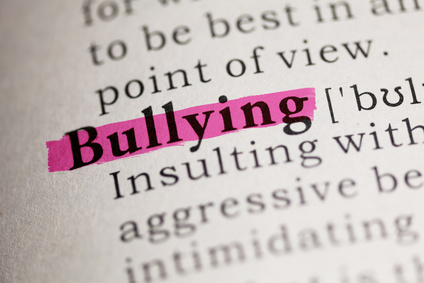
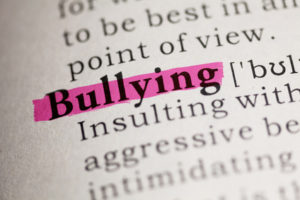 For those suffering bullying or cyberbullying, the effects can be devastating, leaving you feeling helpless, humiliated, angry, depressed, or even suicidal. And technology means that bullying is no longer limited to schoolyards or street corners. Cyberbullying can occur anywhere, even at home, via cell phones, emails, texts, and social media, 24 hours a day, with potentially hundreds of people involved. But no type of bullying should ever be tolerated. These tips can help you protect yourself or your child—at school and online—and deal with the growing problem of bullying and cyberbullying.
For those suffering bullying or cyberbullying, the effects can be devastating, leaving you feeling helpless, humiliated, angry, depressed, or even suicidal. And technology means that bullying is no longer limited to schoolyards or street corners. Cyberbullying can occur anywhere, even at home, via cell phones, emails, texts, and social media, 24 hours a day, with potentially hundreds of people involved. But no type of bullying should ever be tolerated. These tips can help you protect yourself or your child—at school and online—and deal with the growing problem of bullying and cyberbullying. 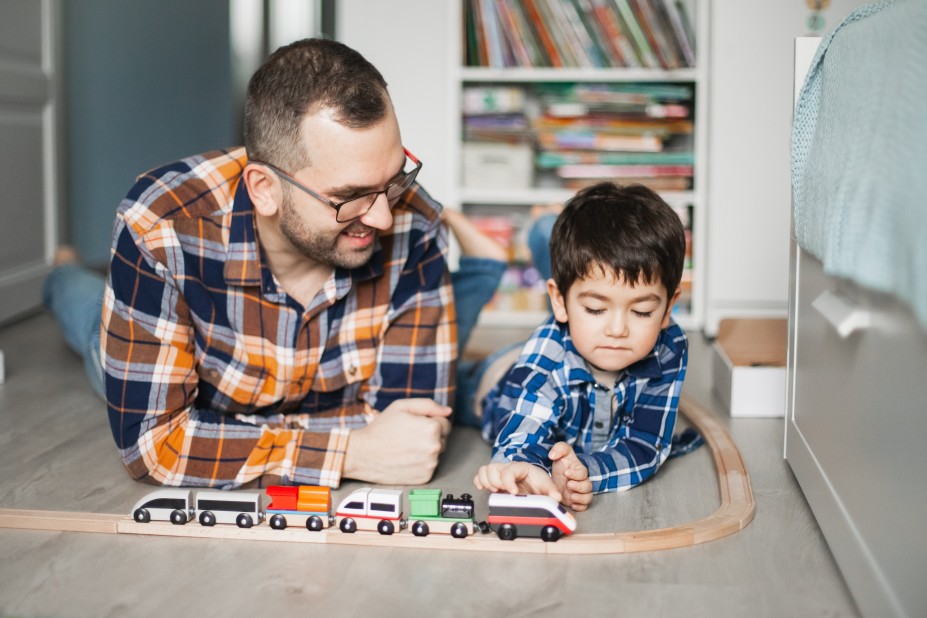
 All children need love, encouragement, and support, and for kids with learning disabilities, such positive reinforcement can help ensure that they emerge with a strong sense of self-worth, confidence, and the determination to keep going even when things are tough.
All children need love, encouragement, and support, and for kids with learning disabilities, such positive reinforcement can help ensure that they emerge with a strong sense of self-worth, confidence, and the determination to keep going even when things are tough. 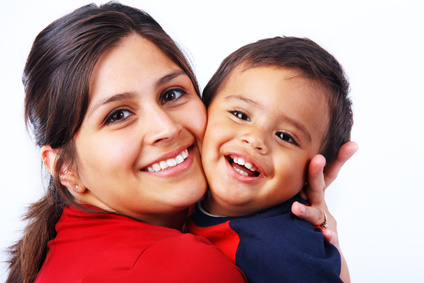
 The main predictor of how well your child will do in school and in life is the strength of the relationship he or she has with you, the parent or primary caretaker. This relationship impacts your child’s future mental, physical, social, and emotional health. It is not founded on quality of care or parental love, but on the nonverbal emotional communication between child and parent known as the attachment bond. While it’s easiest to form this secure attachment bond with an infant, it can be formed at any time or at any age.
The main predictor of how well your child will do in school and in life is the strength of the relationship he or she has with you, the parent or primary caretaker. This relationship impacts your child’s future mental, physical, social, and emotional health. It is not founded on quality of care or parental love, but on the nonverbal emotional communication between child and parent known as the attachment bond. While it’s easiest to form this secure attachment bond with an infant, it can be formed at any time or at any age. 
 Life with a child with ADD/ADHD can be frustrating and overwhelming, but as a parent there is a lot you can do to help control and reduce the symptoms.
Life with a child with ADD/ADHD can be frustrating and overwhelming, but as a parent there is a lot you can do to help control and reduce the symptoms. 

